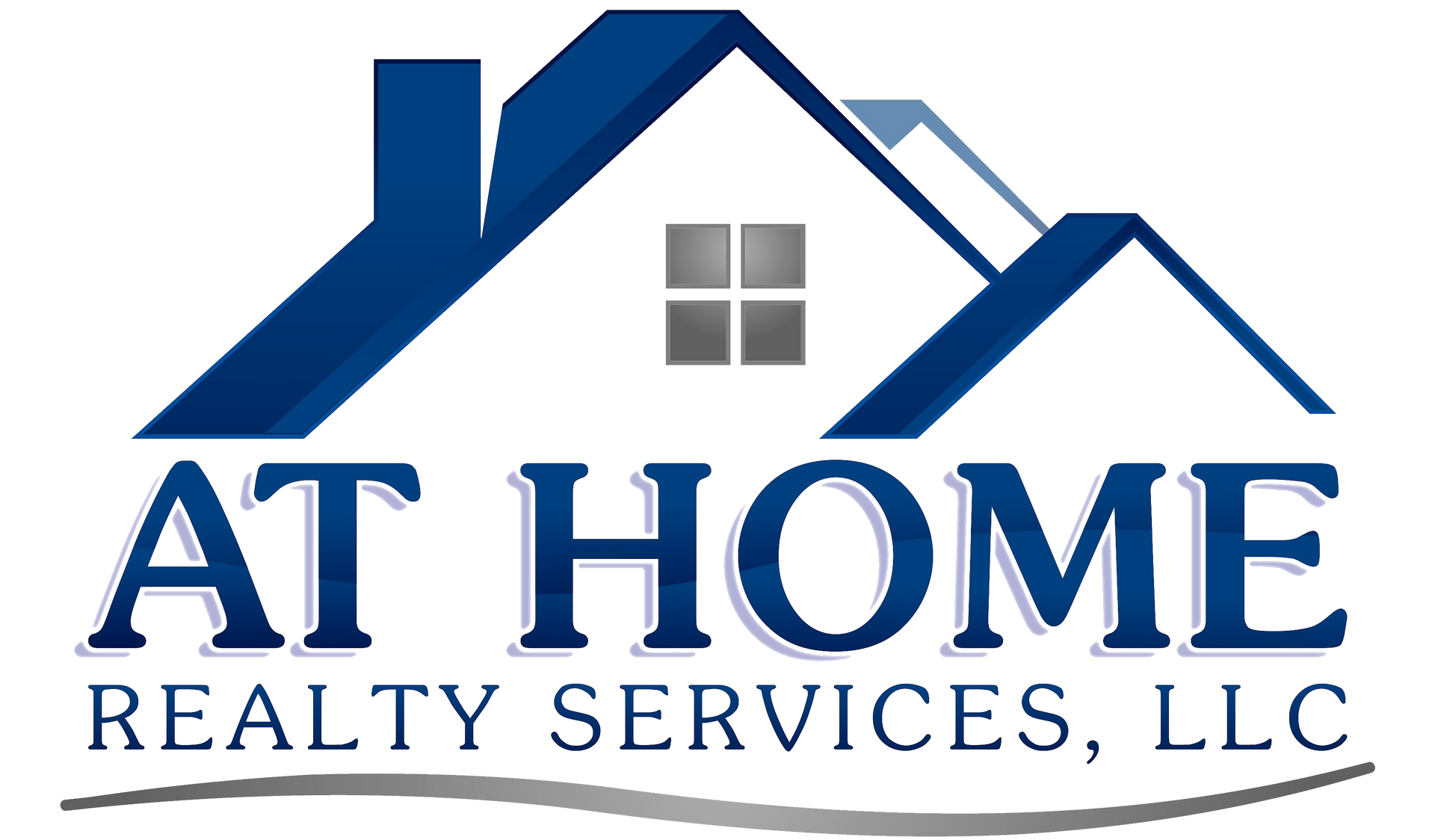Home Buyer Checklist
Buying a home is a thrilling and emotional process. It's a good idea to work with an experienced real estate agent from the very start, so that it goes as smoothly as possible for you. However, if you're trying to do it on your own, or just want to know what the process is like for future reference, you can use this checklist as a guide.
Figure Out The Finances
Very few of us have the luxury of buying a home with cash, so almost every step hereafter is dependent on getting good financing. Work it out ahead of time to make sure you're funneling your energy to the right places. Get your finances in order by:
- Checking your credit report and correcting any issues on it
- Finding out what incentives or programs you qualify for
- Determining what kind of mortgage you'd like to have
- Applying for pre-approval and shopping around for the best rates
Hone In On Ideal Neighborhoods
Once you've figured out how much you can afford to spend, the next step is to find neighborhoods that offer homes in your price range. When comparing neighborhoods, it's a good idea to think about certain features, including:
- Crime
- Commuting
- Schools
- The age of the neighborhood
- Access to services or supplies you need
Make A List Of Wants And Needs For Your Ideal Home
Try to limit the list of things you need in your new home to no more than five things that are absolute deal-breakers for you. The rest can go on the list of things you'd like to have. Take some of the following things into consideration:
- Home type (apartment, co-op, single/family home)
- Square footage
- Cost
- Minimum bedroom and/or bathroom count
- Special features (single floor, office space, yard size)
Learn The Background On Specific Homes
If you're searching independently, you can find a lot of the information online. If you are working with a real estate agent, they can help you verify which homes pose little risk. You will want to learn more about:
- HOAs
- Zoning
- Changes
- Liens
- Easements
- Assessments
- Restrictions
Visit Homes You Have An Interest In
Because you've already done your homework, this is just to make sure everything is as presented and you feel comfortable there.
Generate An Offer And Begin Negotiations
By this point, your agent should be overseeing just about everything, so it's only a matter of hammering out the details.
Run A Few Final Checks To Ensure Everything Is As It Should Be
There are many things one should consider about a home when choosing to buy:
- Property value study
- Home inspection
- Any other checks or inspections
If Any Surprises Appear During The Inspections, Renegotiate
A seller may be willing to make certain repairs, or may reduce the price of the home if it wasn't up to par. If changes were completed, you'll also want to schedule a time to make a final pass through the residence.
Close On Your New Home
Again, your agent will be invaluable at this time, as they will help make sure everyone has done as they should have, make arrangements for the final deal, and also help keep track of all the people involved in closing, as well as where you are in the process.
Buying a home can feel like a complicated process, or it can be incredibly simple. It really depends on what problems you encounter along the way, and whether you have the expertise needed to navigate these issues as they pop up. Overall, it's an incredibly rewarding process, and keeping a pro on your side throughout makes it even easier.
What To Expect In Your First Conversation With A Lender?
A mortgage lender will evaluate four areas of your financial history to determine your ability to secure a loan:
- Credit history/credit scores
- The amount of monthly credit you currently have
- Income/employment history
- Your financial assets (money in the bank, investments, retirement accounts, and potential gift funds)
Routine documentation you should have available:
- Thirty days of pay stubs
- Two years of W-2s or two years of tax returns (if self-employed)
- Two months worth of bank/asset/investment/retirement account statements (all pages)
- Diploma or school transcript if a full-time student during the past two years
- Information on any real estate you may currently own
- A copy of recent mortgage statements or your current lease
- Explanations for any derogatory credit or gaps in employment you know you may have
- Any correspondence with creditors if you have disputed any debts
Other items that would be helpful include:
- A social security card
- A driver's license
The Loan Market
It is important to know that most of the financial institutions making the loans sell almost all their loans on what is known as "The secondary market". The lender you work with is referred to as the 'originator'. Your loan is then sold in the 'secondary market'. The largest buyers of loans are agencies called FNMA (Fannie Mae), FHLMC (Freddie Mac), and GNMA (Ginnie Mae). These huge organizations constitute the 'secondary market' and write the rules for loans that they will buy. A lender must then follow the rules these agencies have written in order for the loan (borrower and property) to qualify as conventional, VA, or FHA. During the loan process an Underwriter will evaluate your loan. Their job is to make sure that the loan fits the guidelines for a particular program (FHA, VA, or conventional), so the loan can be sold.
FHA Loans are government-insured loans that were instituted to assist buyers with minimal cash and first-time buyers to purchase a home. An FHA loan has more lenient guidelines for borrower credit history, allows for all or part of the funds needed by the borrower to be a gift, and has stricter requirements on the property's condition for the protection of the borrower. FHA loans do require inspections to ensure that the property meets the FHA guidelines.
VA Loans are entitlement loans that are earned based on the number of years served in the armed forces. If you were an active service member at one time in the past. It is recommended to talk to the United States Department of Veterans Affairs to get more information about your VA entitlement. Just like FHA loans, VA loans also require inspections to ensure that the property meets the VA guidelines on the property's condition for the protection of the borrower.
Conventional Loans meet the standards of the 'conventional' secondary marketplace. There are two types of conventional loans, conforming and non-conforming.
- Conforming Loans usually fit neatly into the box of rules and are under the prescribed maximum loan amount set each year. Both the borrower and the property fit the typical scenarios, and there is nothing unusual.
- Loans over the 'conforming' loan amount or loans that have some facet outside the box either related to the borrower or the property are called non-conforming loans. A loan can be non-conforming if the borrower is unable to document their income or assets, if their credit scores are low, if the property is unusual for the area, or if the loan amount or program is designated non-conforming.
What's The Difference Between A Fixed Rate And An Adjustable Rate?
Fixed rate mortgages are when your monthly principal and interest payment are always the same for the life of the loan. The benefit is that you always know what your principal and interest costs are. Fixed rate loans are usually amortized (paid in full) over a period of 30, 20, or 15 years. Your monthly payments are predictable over the life of the loan. (Keep in mind that your monthly mortgage payment may include principal and interest AND 1/12 of your annual property taxes and home owners' insurance. So although the principal and interest will remain steady, the taxes and insurance amounts can vary.)
Adjustable rate mortgages (ARM) allow for the the interest rate to fluctuate, which makes the payment change during the life of the loan. ARMs start off with a fixed interest rate for a determined period of time (1, 3, 5, 7, 10 years), and then adjust annually after that. Typically, the shorter the fixed term is, the lower the initial rate. The lower rate means lower payments for that period of time. Once the rate adjusts, the payments can go up, if the interest rate is higher. Most loans adjust annually after the fixed rate period.
Which Mortgage Is Best?
There are literally dozens of loan products and hundreds of combinations of these products. A good loan consultant will listen to your needs, evaluate your situation, and recommend loan scenarios that fit your need. A home loan should fit into your overall financial plan, and help meet your long- and short-term financial goals with the desired monthly payment and equity position.
Just calling around for the best rates on a 30-year mortgage could cost you thousands of dollars over the life of your loan if you don't get the loan that best fits your needs. There is so much more to the home loan process than just rates. A professional loan consultation is a vital first step in the process and is usually at no cost to you.
Ten Questions To Ask
Your real estate professional can assist you in finding a lender for a consultation. Make an informed decision when selecting your mortgage lender. Consider asking:
1
Are you a licensed mortgage broker, a mortgage banker, or both?
2
Will I receive a loan estimate, and will it disclose fees that I must pay out of pocket?
3
Do you have automated underwriting, or does my file need to go through a full underwriting process?
4
Do you have a local underwriter?
5
What are the approval conditions?
6
How far in advance before closing does the mortgage package go out?
7
How long does the full process take?
8
Are you using a local appraiser? What is their time frame?
9
Do you guarantee your closing date and closing costs?
10
When can I lock my rate?
Remember: if you need a referral to a reputable mortgage loan officer or mortgage broker, speak to your REALTOR®.







